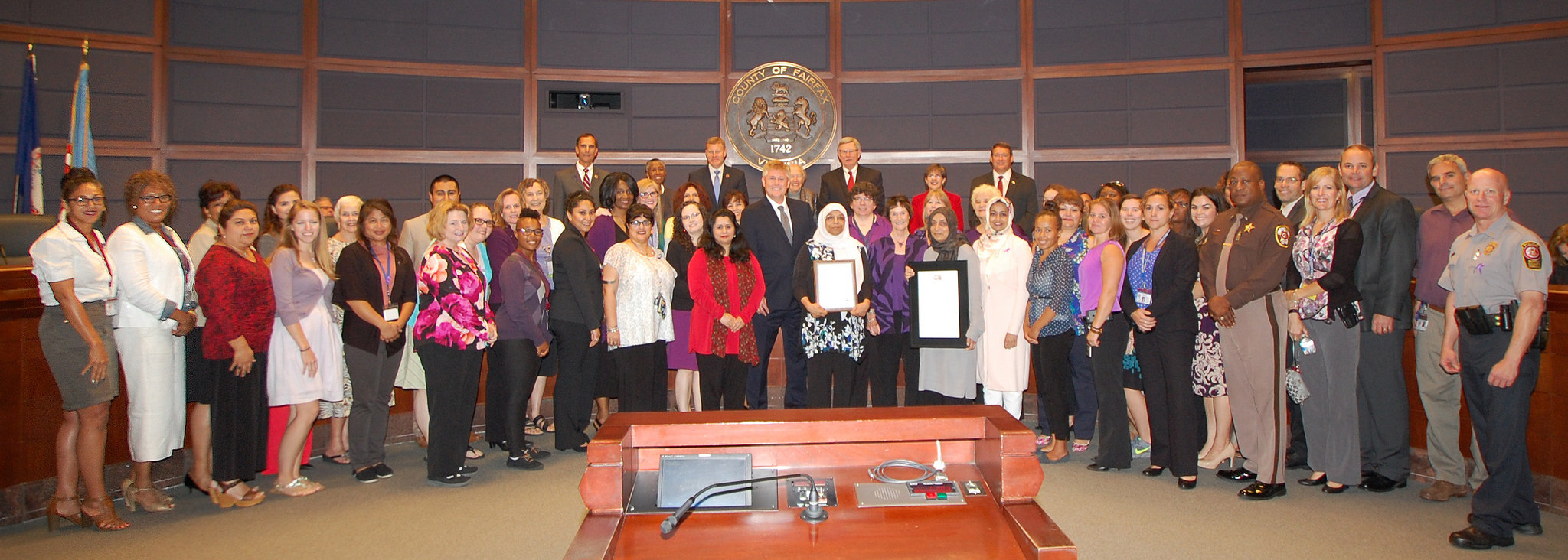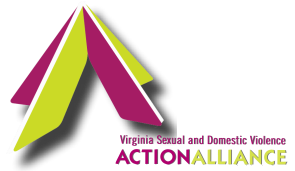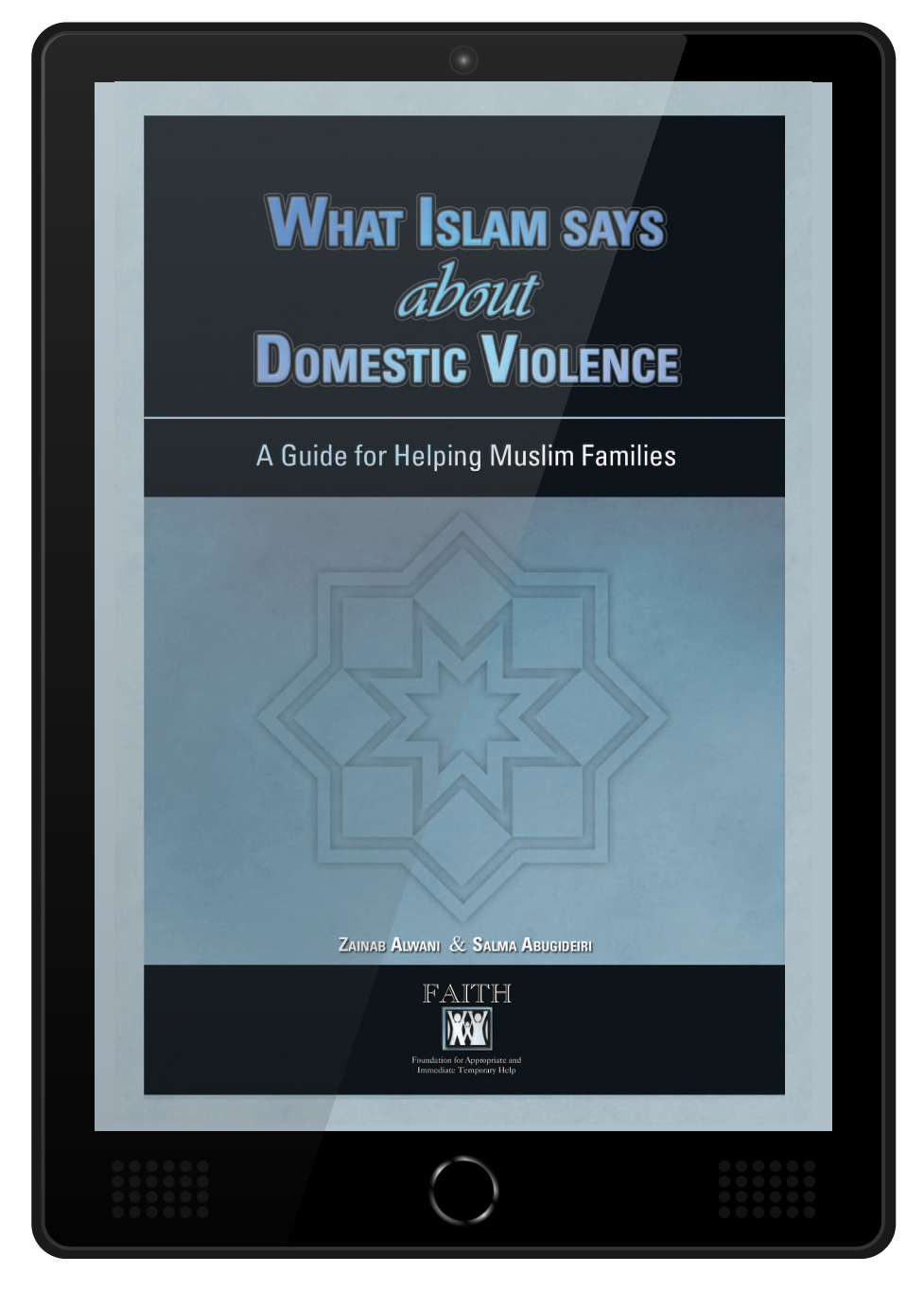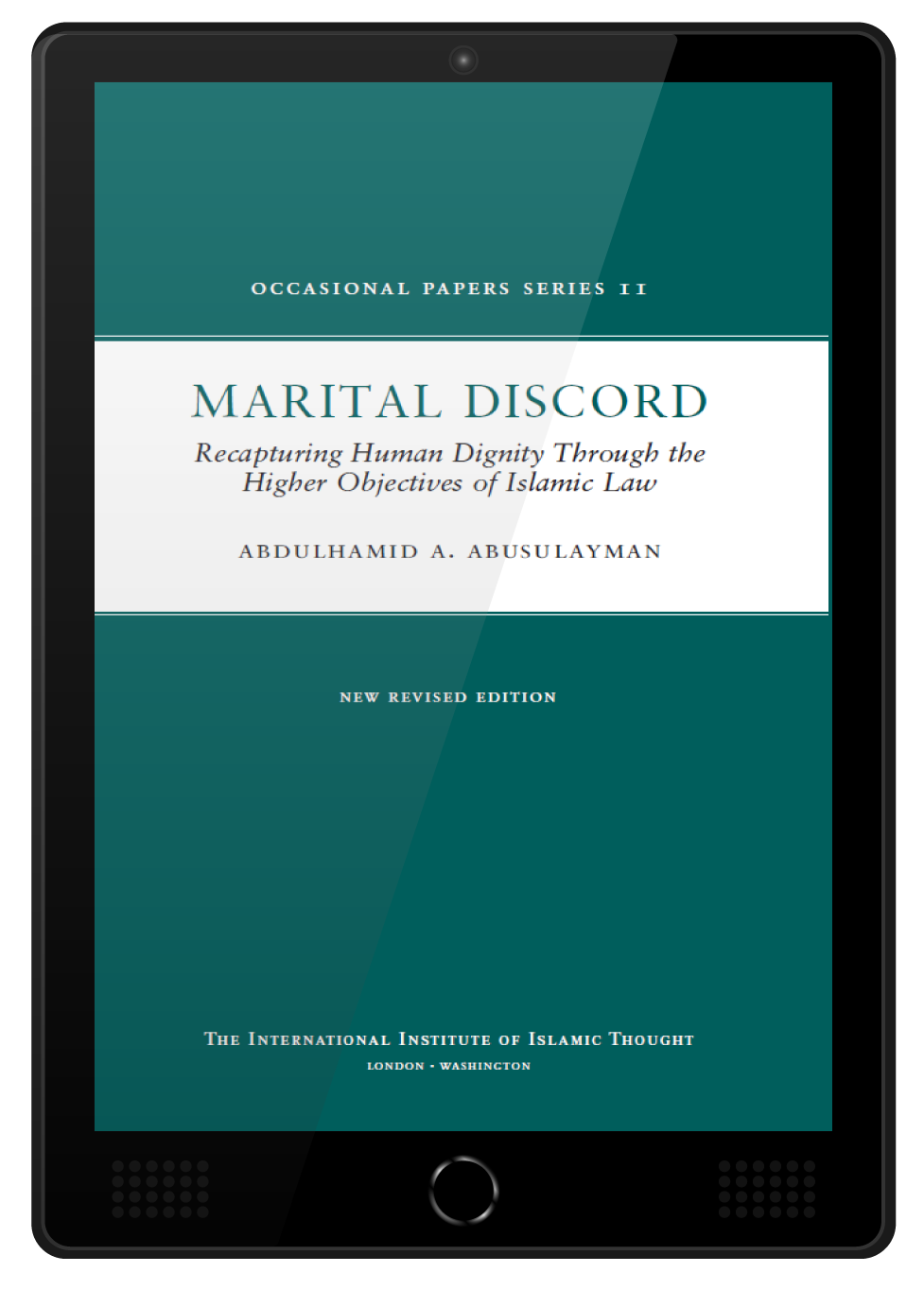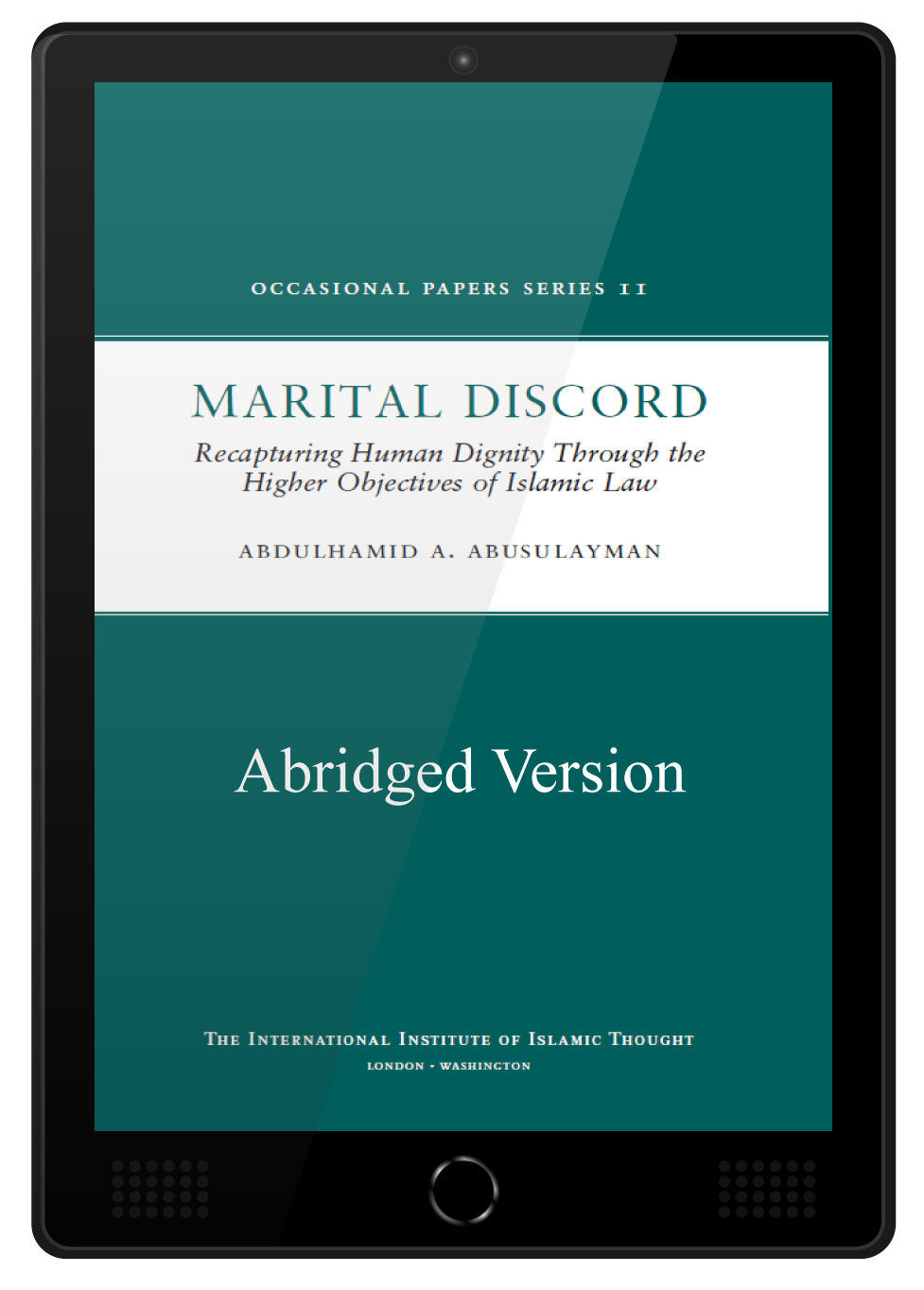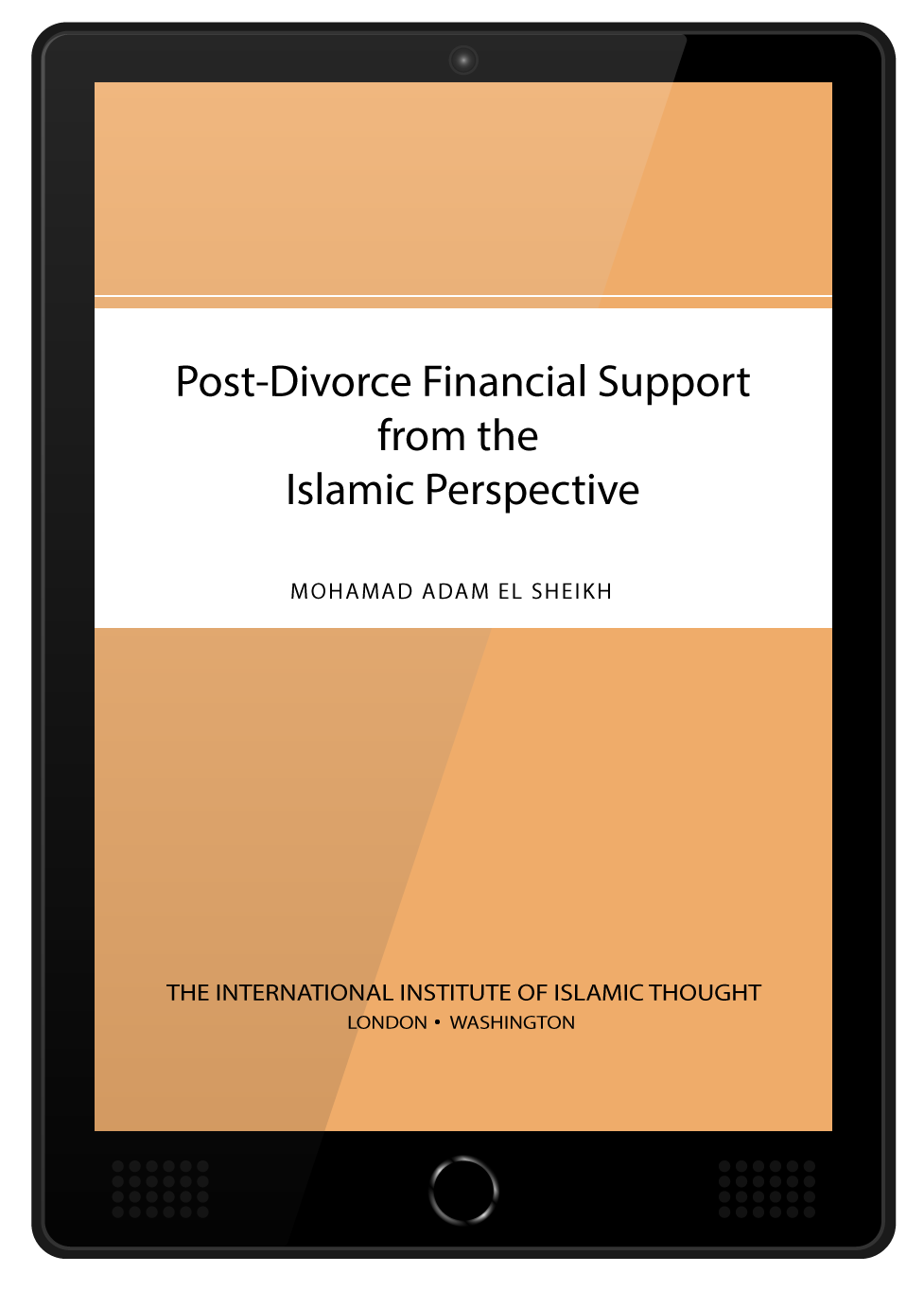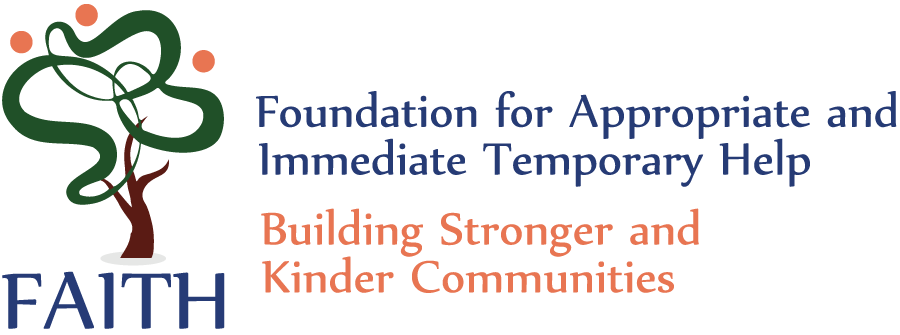Family Empowerment
Family Empowerment
Family Empowerment at FAITH means developing and preserving families as individuals and cohesive family members. To that end, we empower families through assistance in mediation and counseling. This department also has trained staff that manages a domestic violence program that addresses victims of physical, verbal, mental and spiritual abuse.
Stronger & Happier Families (SHF) Program
SHF supports local families in understanding and effectively managing domestic conflicts and disputes related to family dynamics to disseminate constructive conflict resolution skills and strengthen family relationships. FAITH collaborates with a network of licensed service providers in alternative dispute resolution, individual and family counseling, and coaching to provide services to local families through an Islamic lens. By incorporating cultural sensitivity into the program, parties involved are more likely to feel heard, respected, and understood, fostering a conducive environment for finding mutually acceptable resolutions. FAITH collaborates with local Islamic centers to enhance the effectiveness of SHF services. Establishing partnerships with these organizations increases the visibility and accessibility of SHF services.
Domestic Violence (DV) Prevention
FAITH’s Two-Pronged Approach to Domestic Violence Prevention
Direct Social Services
Domestic Violence (DV) Prevention specialists at FAITH provide direct services that involve tailored responses to victims and those affected by domestic violence. All privacy matters and concerns are taken seriously and cases are managed with the highest privacy standards for the safety and respect of those involved.
Community Support
Community Support is an important aspect of domestic violence prevention. FAITH leaders work with imams, mosque departments, and other community leaders to provide a supportive environment for victims of domestic violence, as well as on the dissemination of education about the elements of violence, reporting procedures, and to dispel stereotypes around domestic violence.
Support – Empowerment – Spirituality
Objectives:
Services:
“What Islam Says About Domestic Violence:
A Guide for Helping Muslim Families”
hat Islam Says About Domestic Violence: A Guide for Helping Muslim Families was written for victim advocates working at FAITH (Foundation for Appropriate and Immediate Temporary Help) in the field of domestic violence (DV).
FAITH realized that most Muslim women don’t know the rights that Allah SWT has blessed them with. DV survivors were following some cultural norms thinking that it was Islam. Therefore, suffering in silence.
FAITH approached the authors to write this book from the Islamic perspective so that the culture could be separated from the religion. FAITH thanks the authors for their expertise, diligence, hard work and commitment to writing this book.
The grant funding for the first edition was awarded to FAITH Social Services by International Institute of Islamic Thought (IIIT) and the Center for Multicultural Human Services (CMHS). It was funded in part by the Department of Criminal Justice V-Stop grant to CMHS.
FAITH is grateful to the scholars who reviewed this book and gave their reflections and blessings. FAITH appreciates the work of editors on this book. FAITH recognizes Center for Islam in the Contemporary World (CICW) at Shenandoah University for making “What Islam Says About Domestic Violence: A guide for Helping Muslim Families” in a digital book.
This book can be downloaded free for educational purposes only and cannot be sold. May this knowledge bring light to all in this world Ameen.
Published in 2003 by FAITH (Foundation for Appropriate and Immediate Temporary Help)
What is SPF?
FAITH and The National Alliance to End Domestic Abuse
FAITH has been represented by Executive Director, Ambreen Ahmed, at the National Alliance to End Domestic Abuse webinar, where she educated domestic violence prevention advocates and practitioners about the effects of the immigration Executive Order on domestic violence victims in the Muslim community, and how advocates can better serve this population.
The National Alliance to End Domestic Abuse consists of a diverse group of advocates, mental health professionals, lawyers, researchers, and others from the DV community.
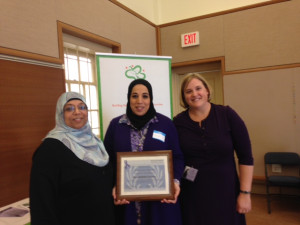
Webinar Key Takeaways:
Domestic Violence Outreach Toolbox
Interactive program that provides different segments to help individuals better understand FAITH’s Safe & Peaceful Families program. The toolbox is a compilation of Islamic Verses from the Quran on justice, freedom and equality, which are the pillars of society.
The Toolkits includes activities for outreach, such as Posters, Exercises to simulate peaceful families and how to approach it. Individuals are exposed to difficult scenarios and how to react to them, ultimately providing support to individuals or families.
Free Resources
FAITH and The National Alliance to End Domestic Abuse
Fairfax County Board of Supervisors held a proclamation acknowledging FAITH’s work for Domestic Violence Awareness Month. DV Awareness Months intent is to connect advocates across the nation who were working to end violence against women, men, and children. This month, activities have three common themes that remain a key focus: mourning those that have died because of domestic violence; celebrating those who have survived; and connecting those who have worked to end violence.
